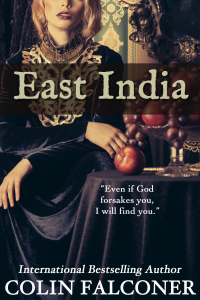 History can be a real pain in the butt for every author of historical fiction. HF readers hate it if you get your facts wrong so you sweat blood on research. God help you if you make a mistake.
History can be a real pain in the butt for every author of historical fiction. HF readers hate it if you get your facts wrong so you sweat blood on research. God help you if you make a mistake.
Salad is particularly tricky.
I once had a reader take me to task over a freaking tomato, so you overlook research at your peril, even one line in a 150,000 word book.
BUT you must also remember that you’re not an historian, you’re a novelist. My sister-in-law’s constant complaint - and she always has her nose in a book, God bless her cotton socks - is that some writers bombard her with too many facts. ‘I just want to get into the story,’ is her mantra. ‘I hate it when I have to start skipping pages.’
And here I think is a great and misunderstood truth: it’s not that you shouldn’t do the research, it’s that you should leave most of it out.
So she is my litmus test. When I give her my books to read I always say:
‘Did you have to skip?’
If she had to skip, I cut that bit out, no matter how interesting I think it is.
The other difficult thing about writing history is that it’s chaotic - like life.
Because it is life, only life that happened a while ago.
A novel is not chaotic, by its very definition. Neither is a movie. That’s why the makers of Braveheart, for instance, messed with history like they did. They were trying to make an epic and when the facts got in their way, they just ignored them.
Authors can’t do that. Film directors can play tennis with the net down. We can’t.
My latest novel, ‘East India’, was based on one of Australia’s most iconic stories, the wreck of the Dutch retourschip “Batavia”, which grounded on a reef fifty miles off the West Australian coast in 1629.
But this was no ordinary shipwreck. One of the senior VOC officers decided to turn the islands into a personal fiefdom, murdering all those who were of no use to him - such as the male passengers and the children - and forcing the women to become sex slaves. He was defied and thwarted by a small band of Company soldiers who built a fort out of limestone rocks and made their own weapons from flotsam and held them off until help arrived.
It’s a truly extraordinary tale - but it’s not a novel. There’s been many books written about the episode in Australia, and I’ve read most of them, but it’s deeply unsatisfying as a story. The main character turns out to be a bit of a coward. No one really tries to defend the women. The real hero only emerges on the last ten pages.
Sorry, doesn’t work.
So even though my novel was closely based on the Batavia story, I realised early on that I had to fictionalise it. I messed with the facts so much it became an original story but I had to make clear in my Afterword the source of the inspiration.
History was still a pain in the butt though, because there were some parts of the story that just begged to be retold and yet, like much of real life, they didn’t make sense. Could a seventeenth century skipper really navigate an open boat not much larger than a racing skiff across the open sea all the way to Indonesia?
Well yes he could - he did.
But there are other problems you can never get right. No matter what I do, I know someone will write me and say I’ve drawn too much from real history or missed something about a tomato.
The good news - there was no salad on seventeenth century VOC retourschips.
But for my litmus test I always go back to my sister-in-law. ‘What did you think?’
‘Couldn’t put it down.’
‘Great. Did you skip anything?’
‘Not a paragraph. I cried at the end.’
There you go. Great.
Job done.
DO YOU HAVE AN iPAD, YOU CAN GET EAST INDIA ON iTUNES FREE!
 COOLGUS and APPLE are running a special promotion for the release of EAST INDIA.
COOLGUS and APPLE are running a special promotion for the release of EAST INDIA.
If you buy it at the iBooks store, you can EAST INDIA free before its official release on July 8.
Just join my newsletter subscription today and ask me for your iBook store code!



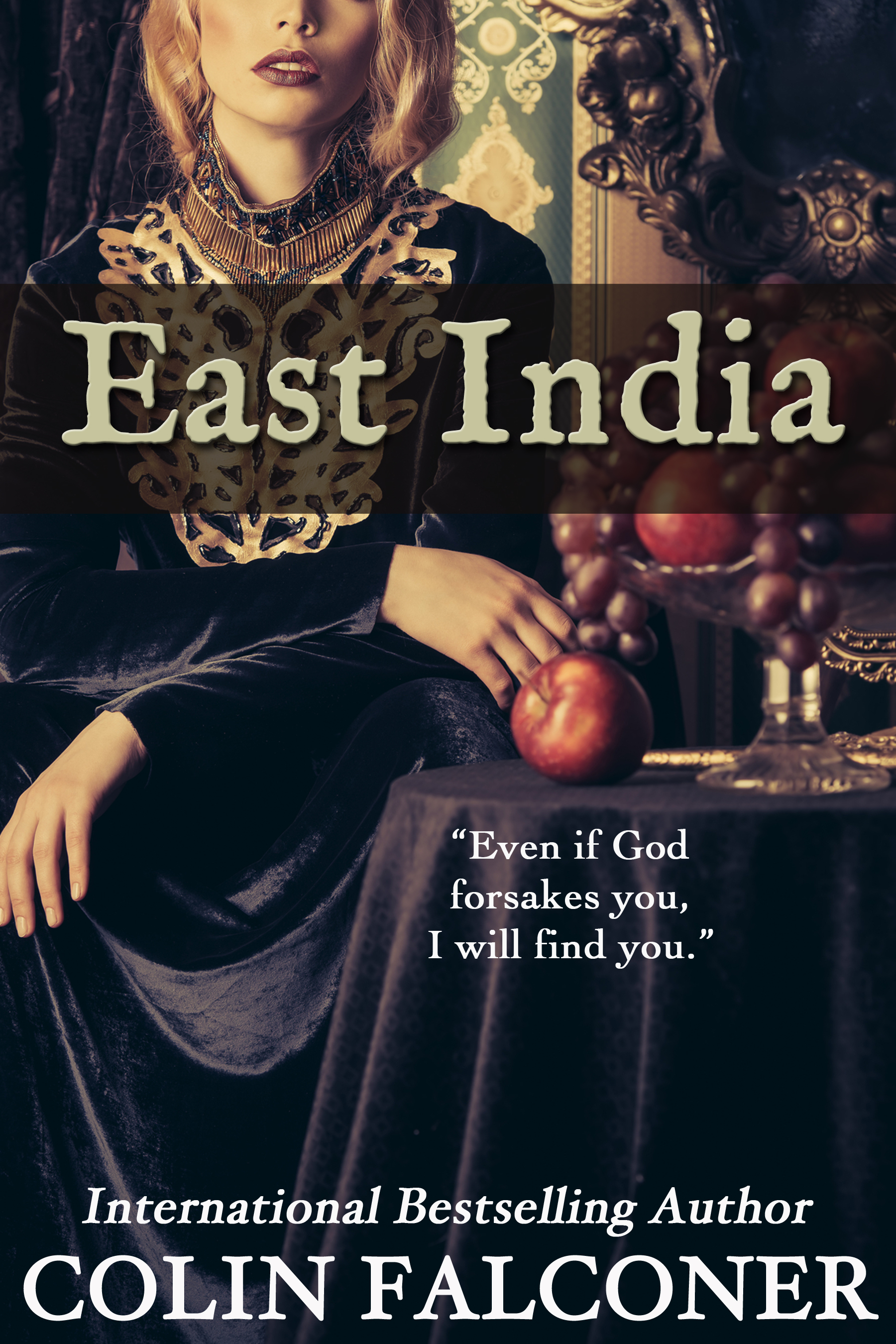
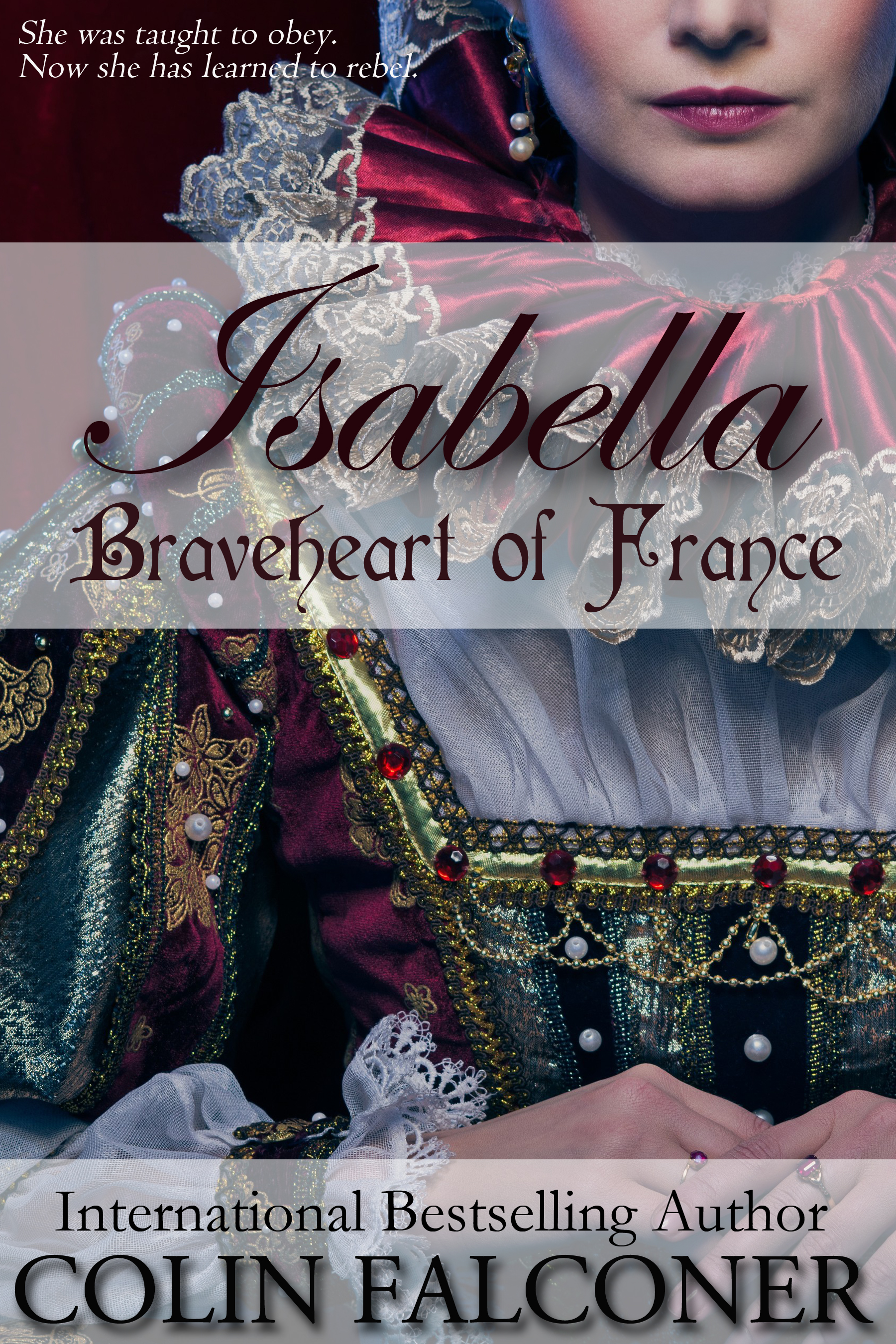
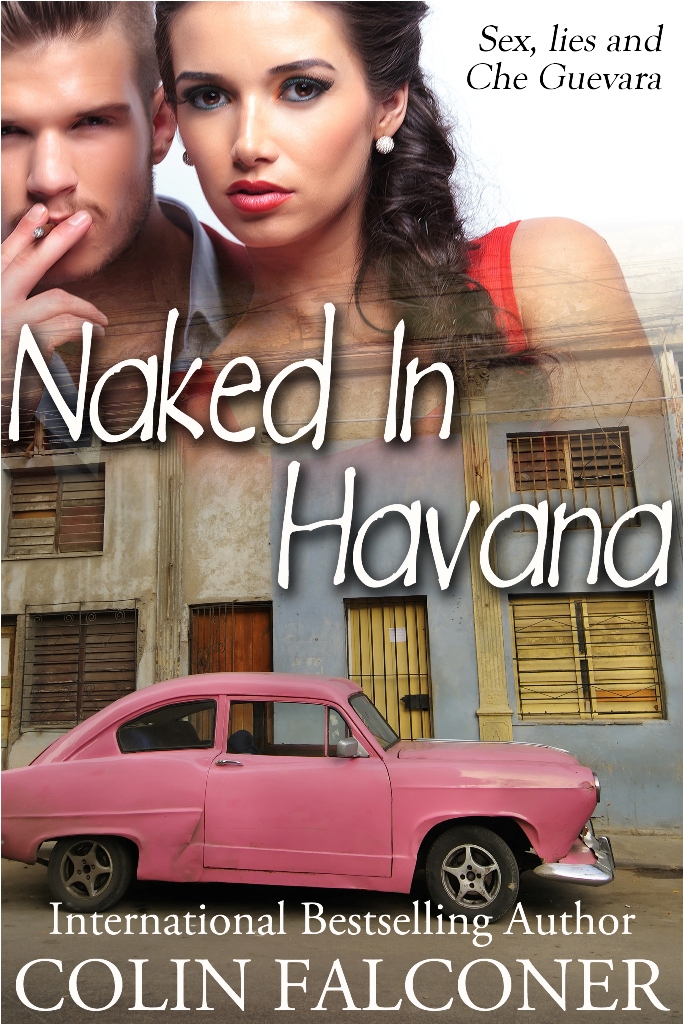
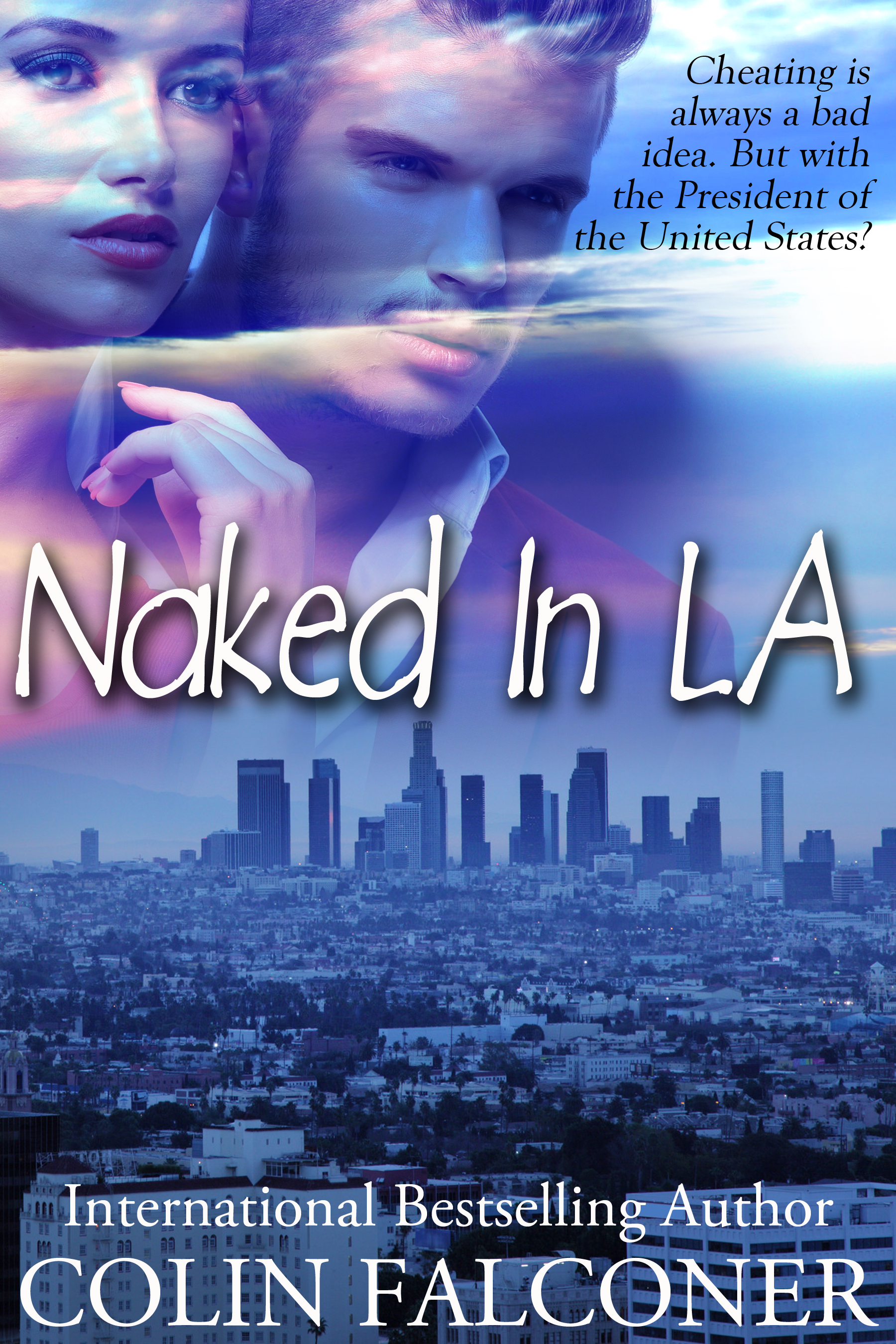
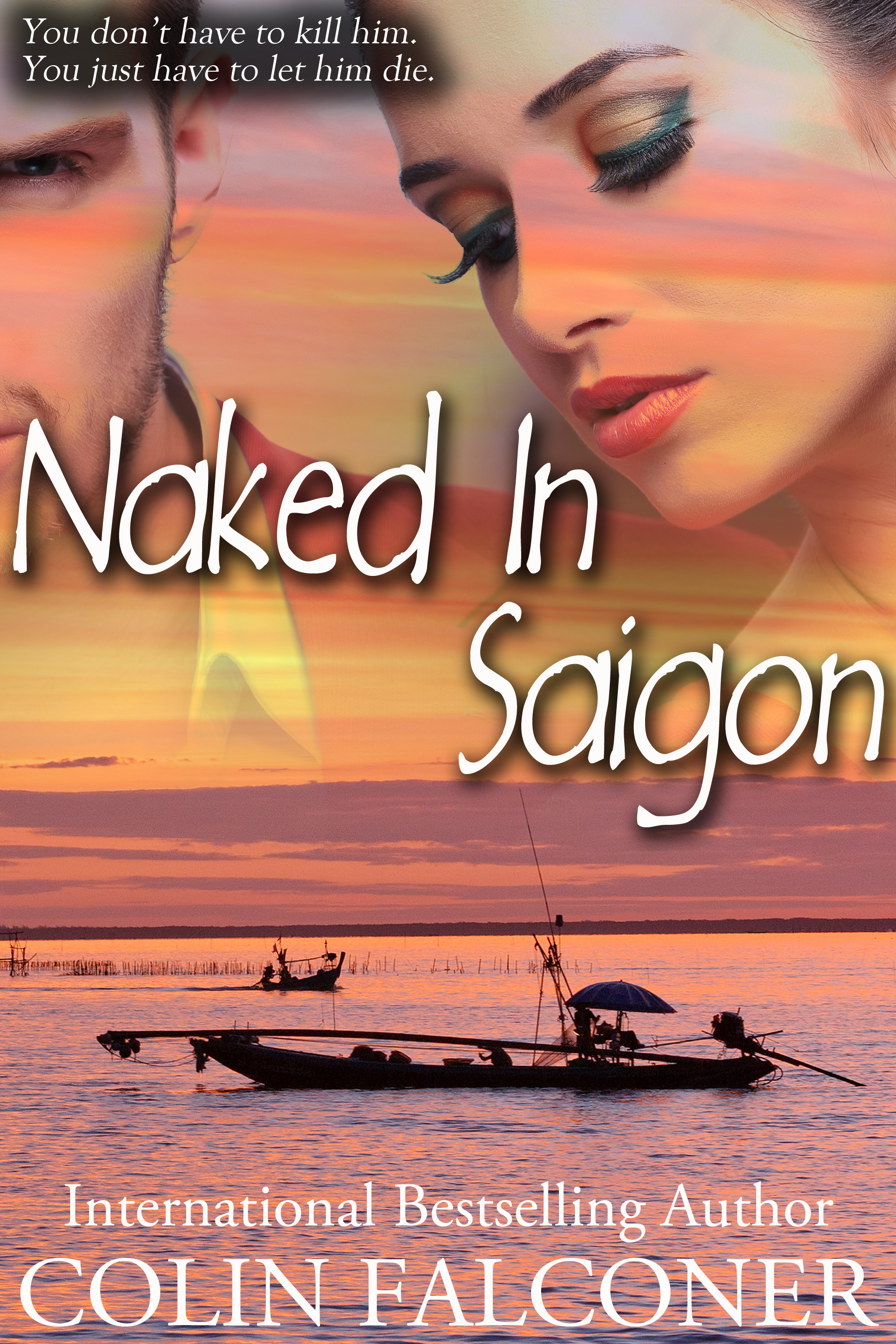
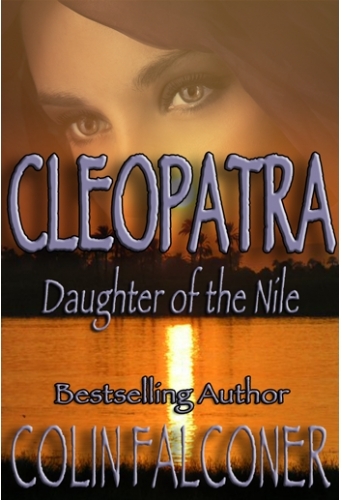
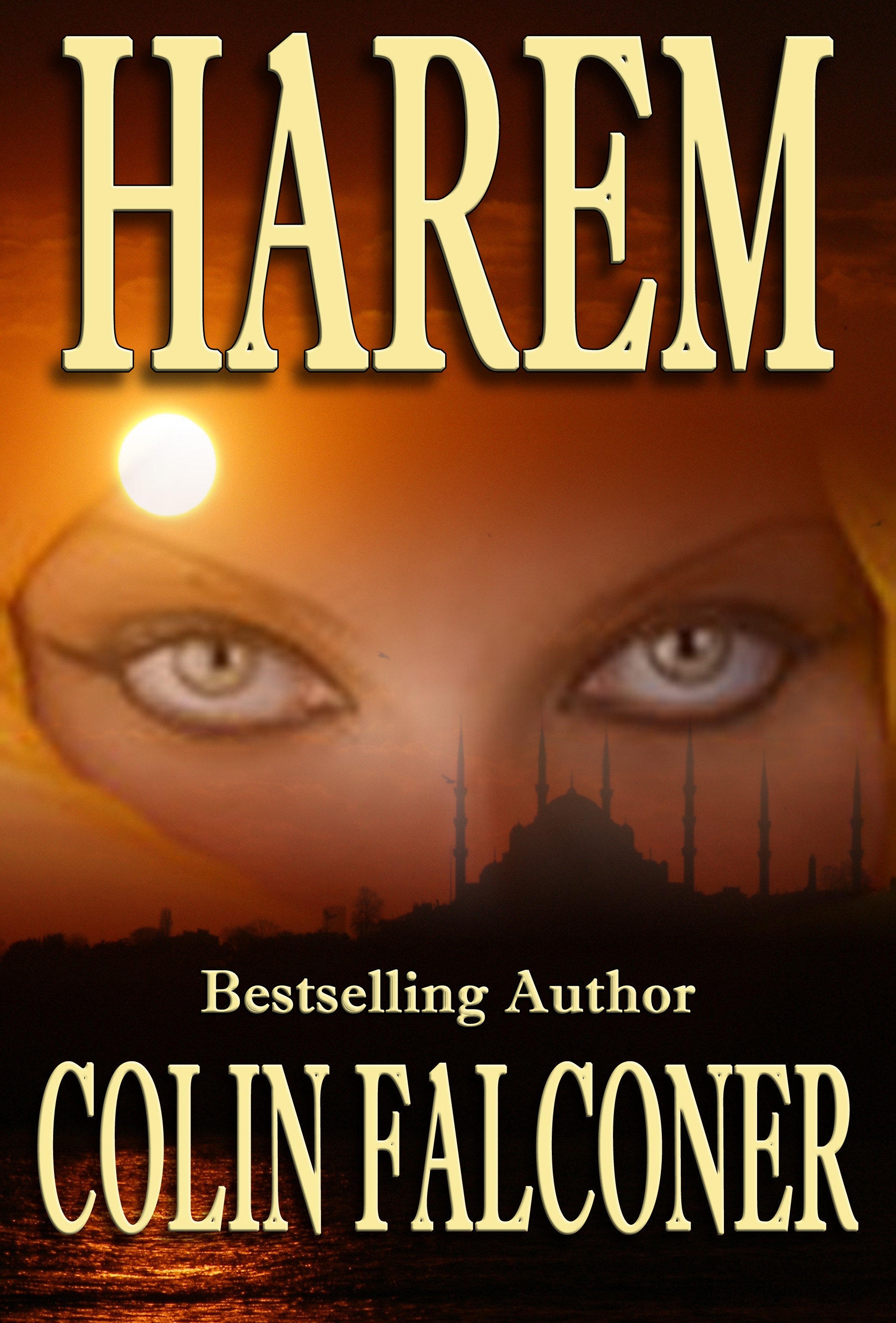
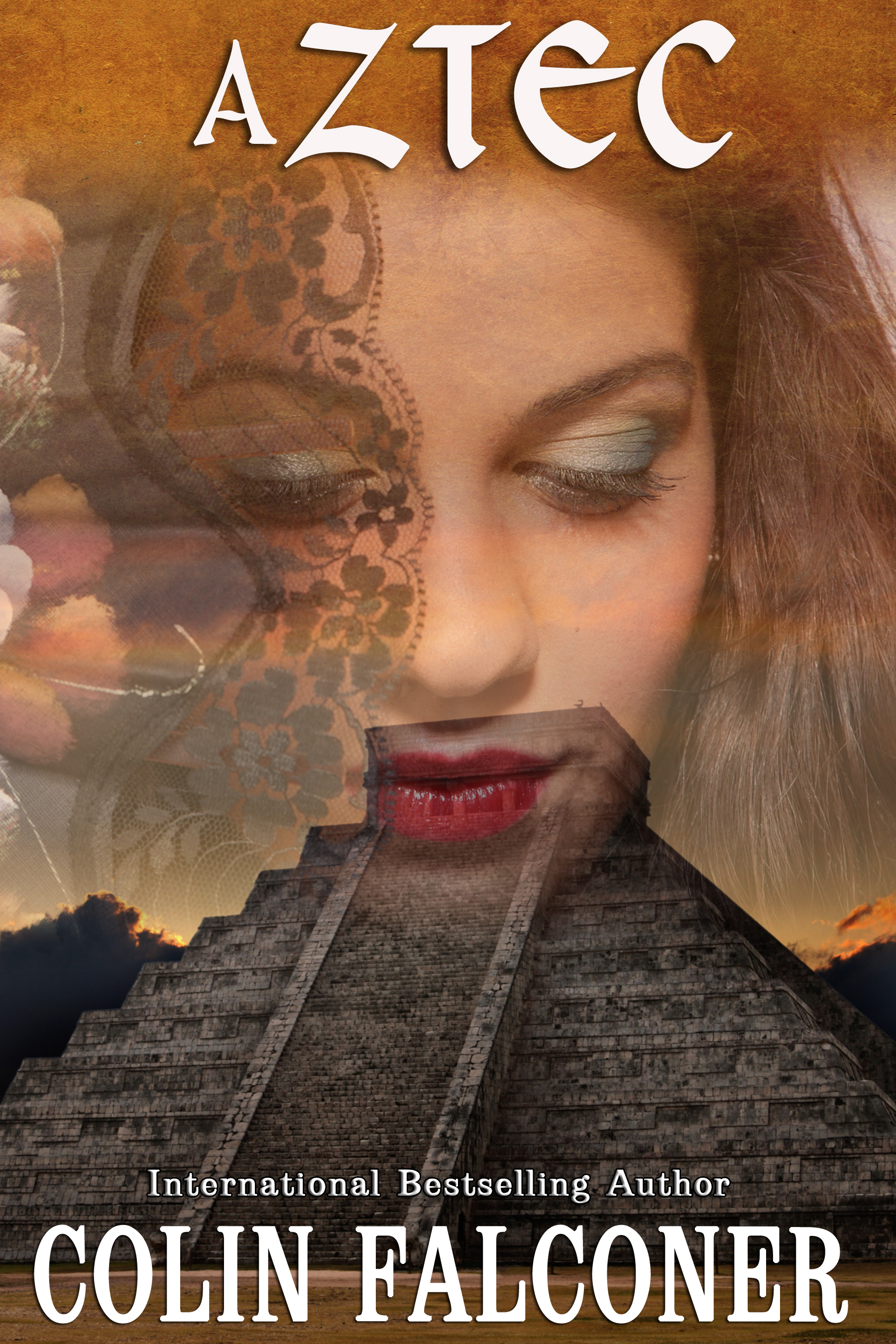
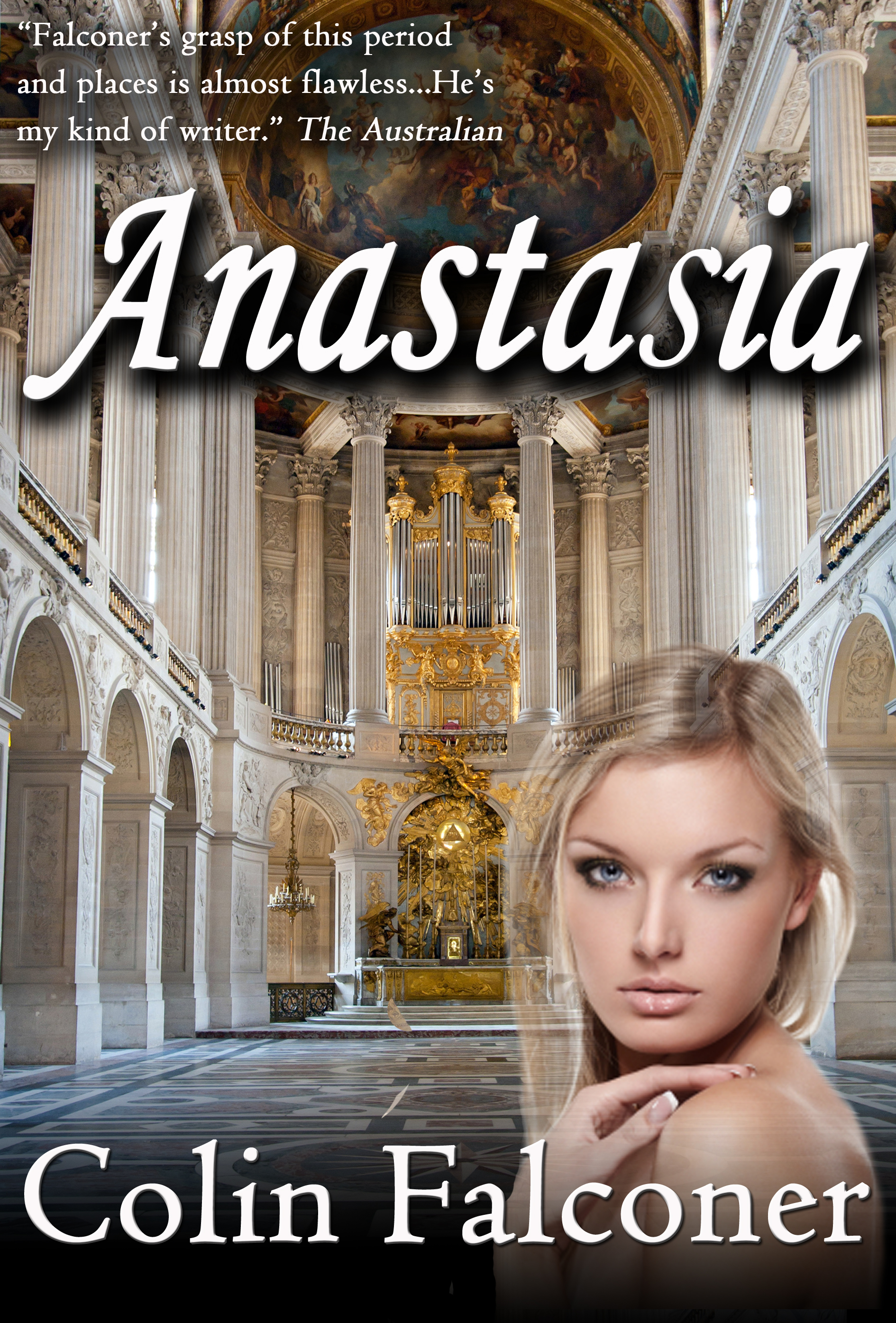
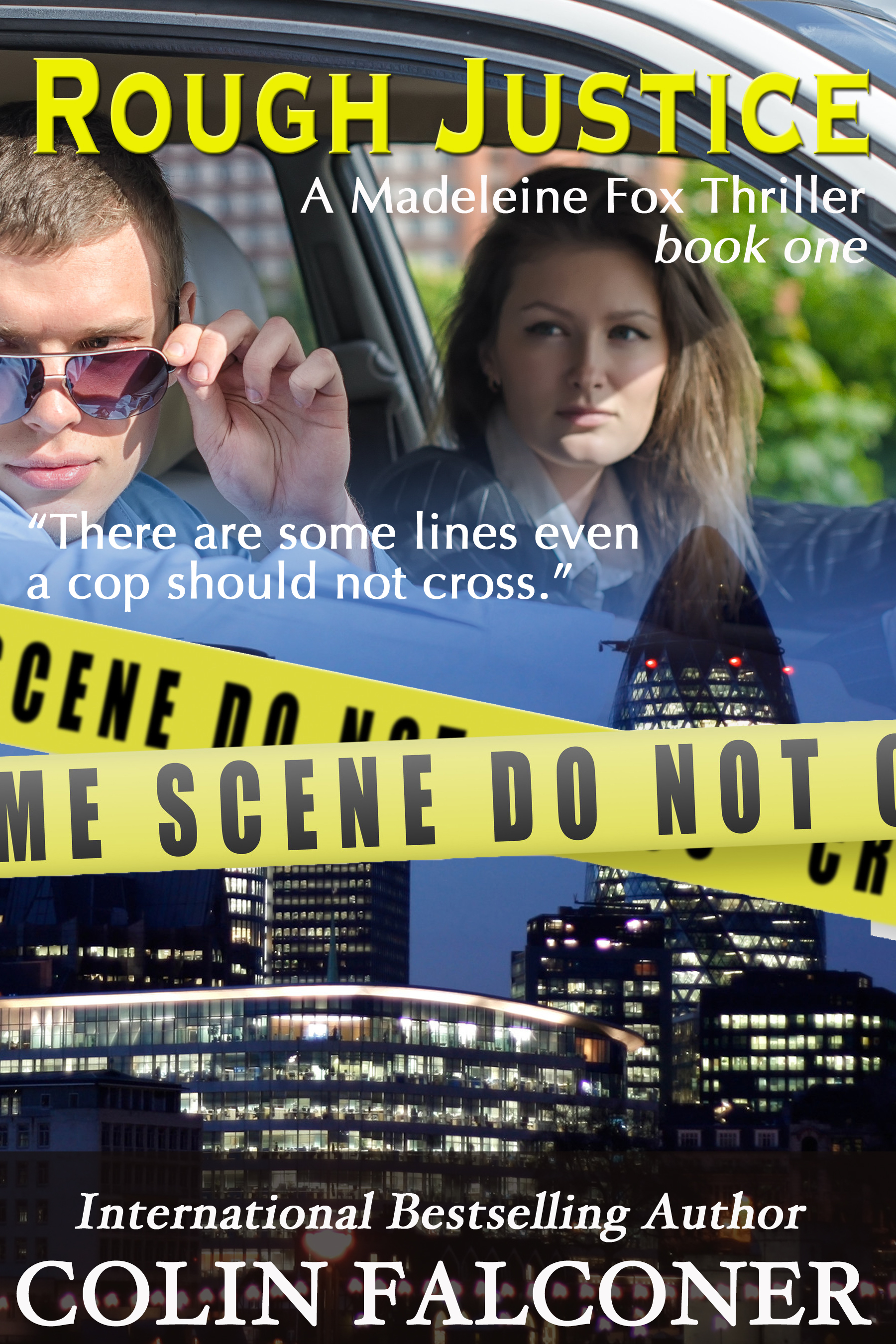
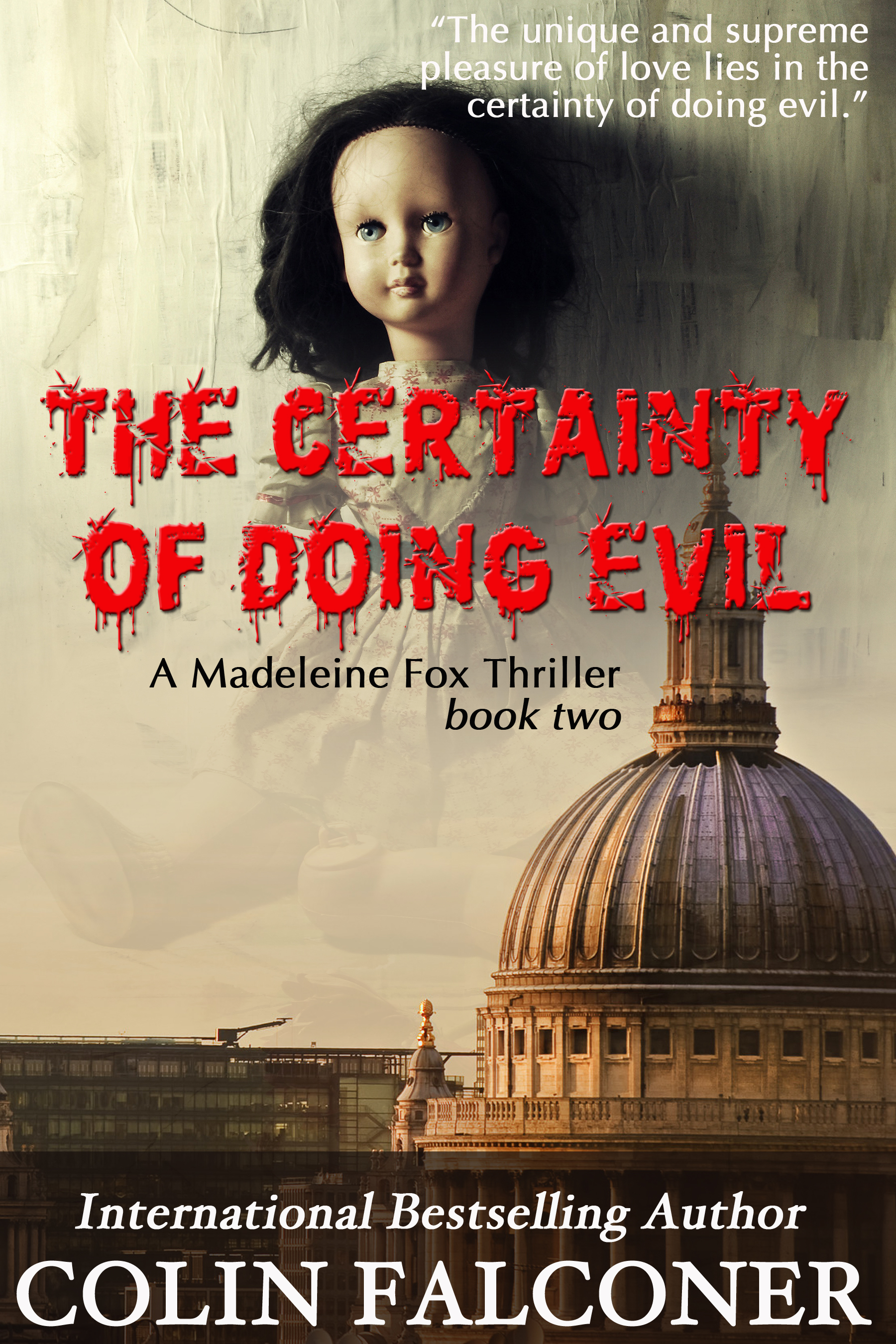
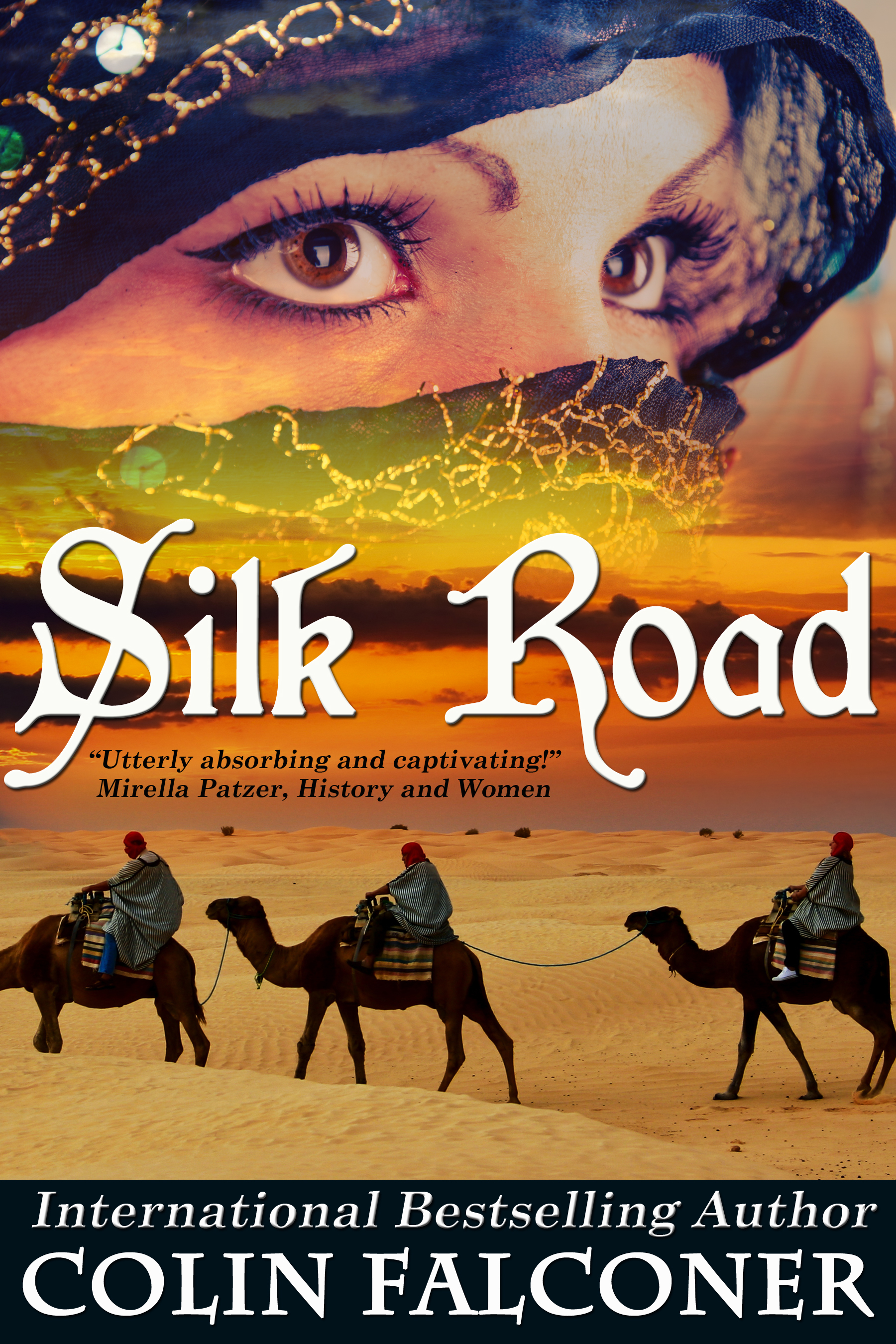
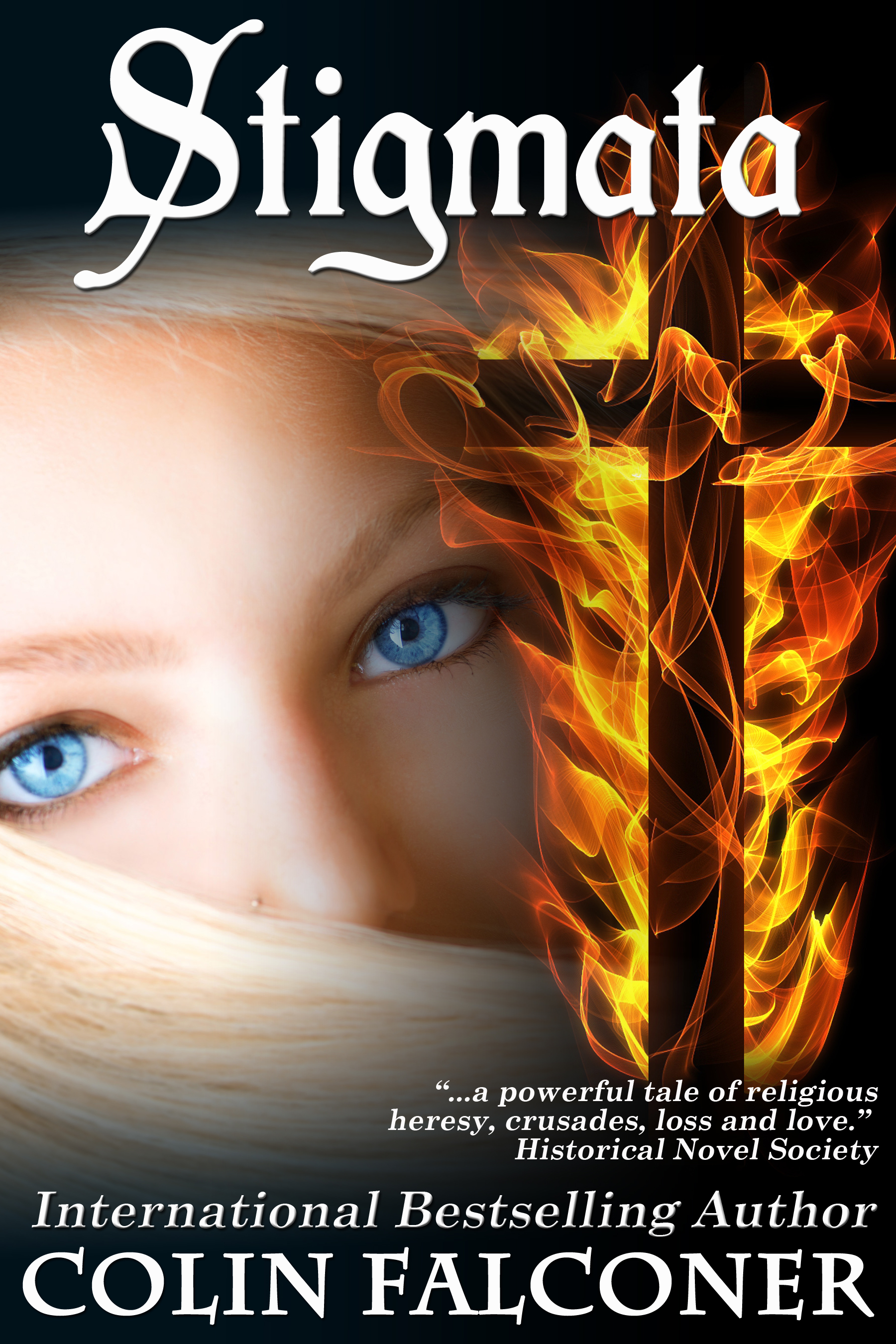
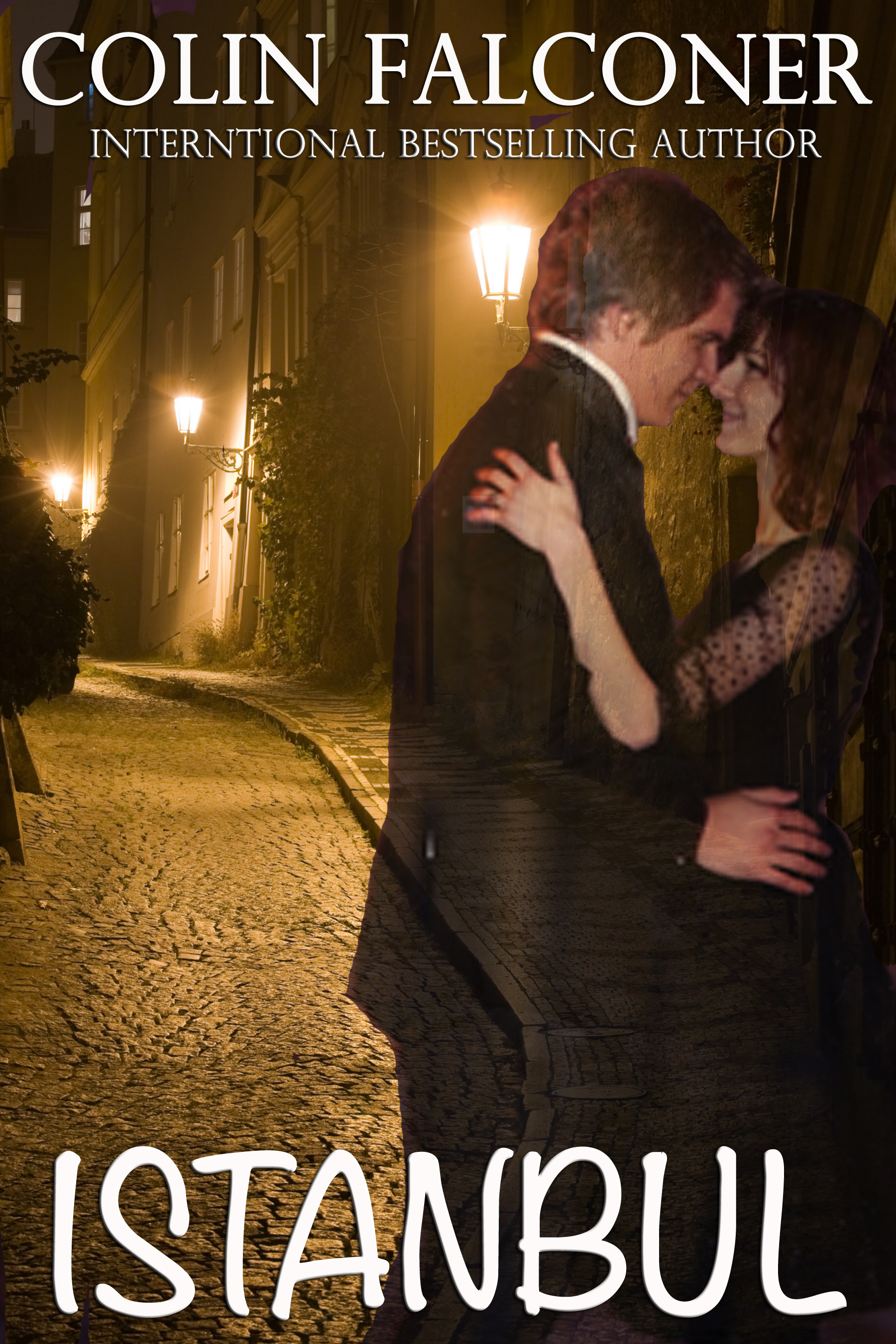

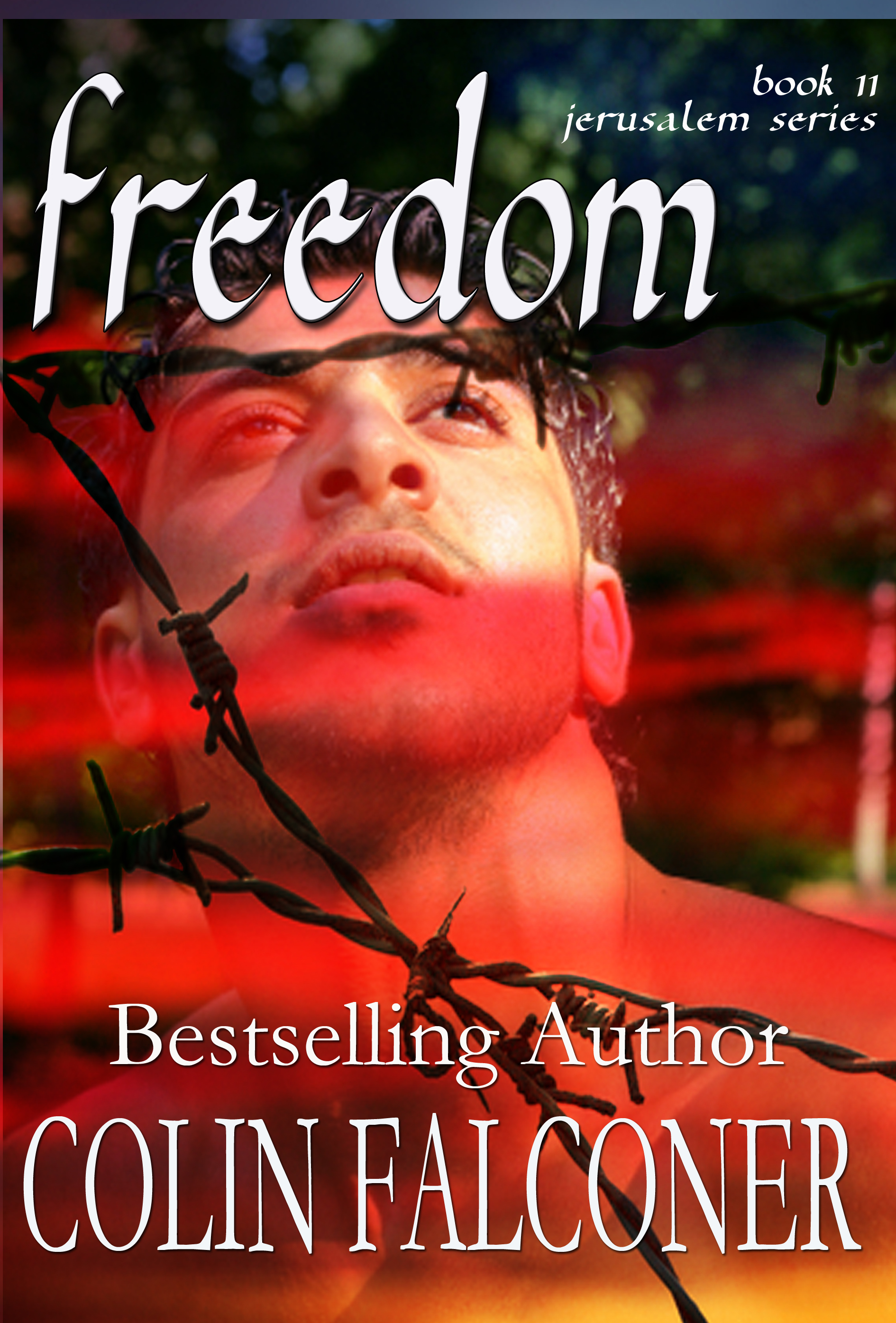


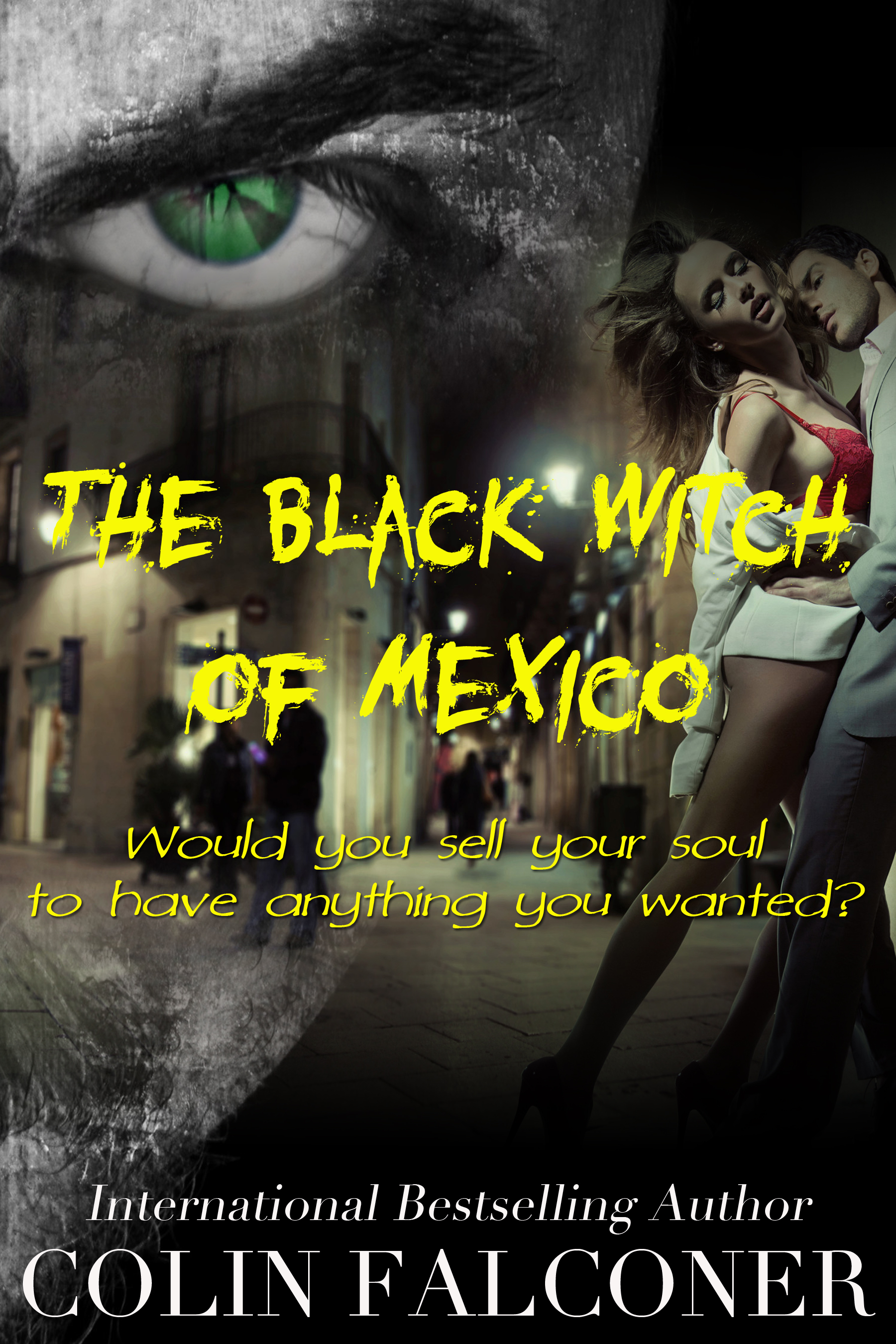

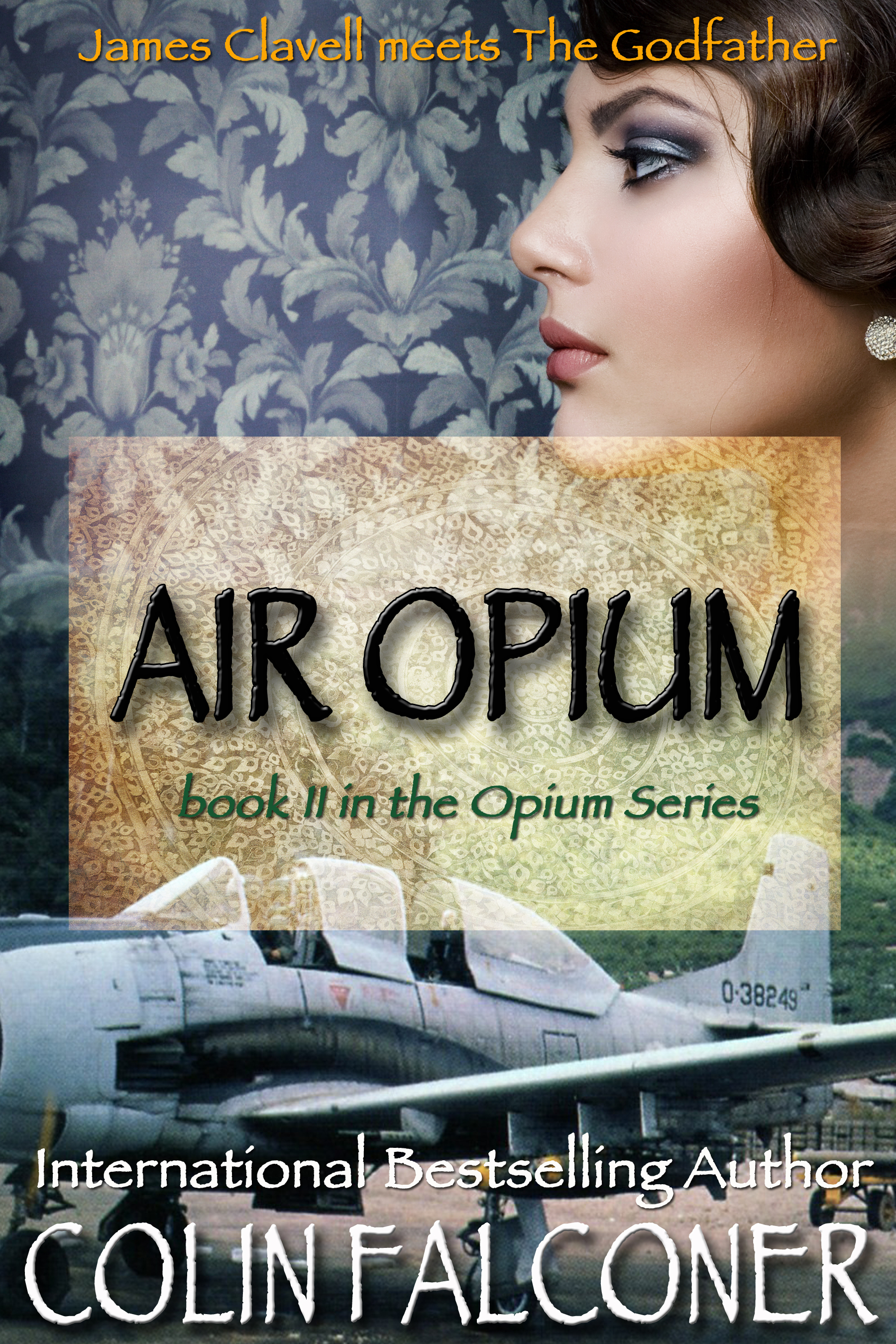
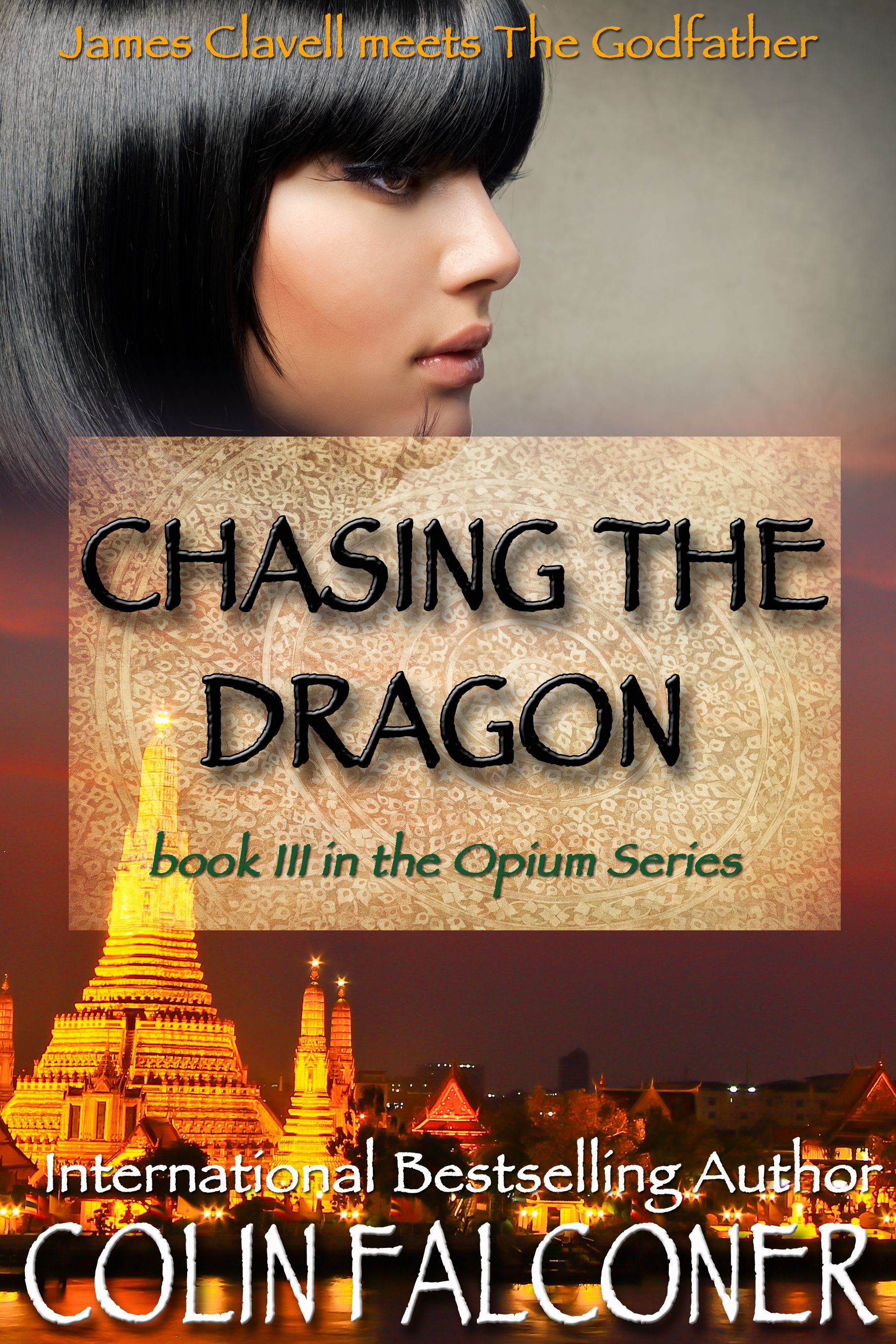
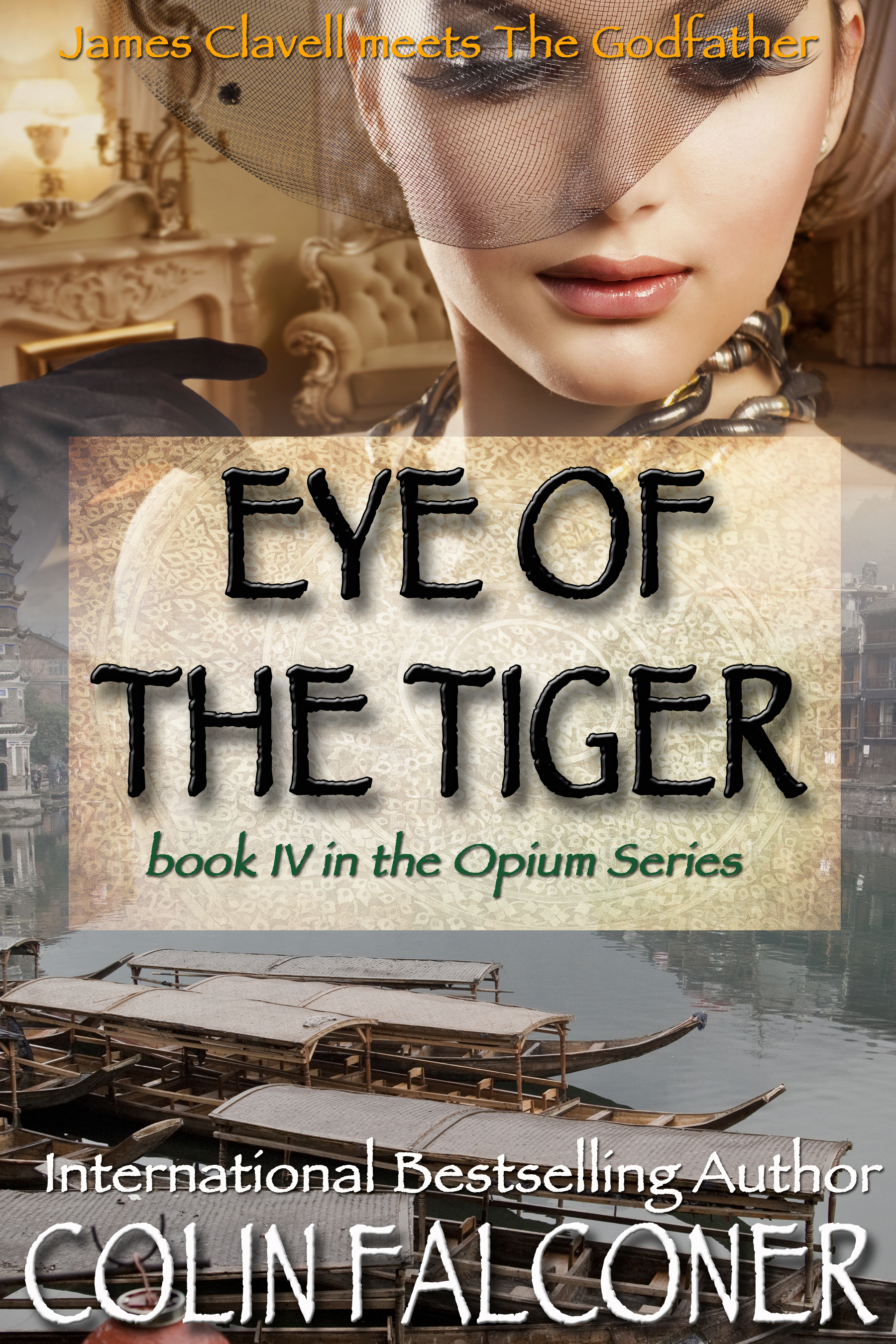
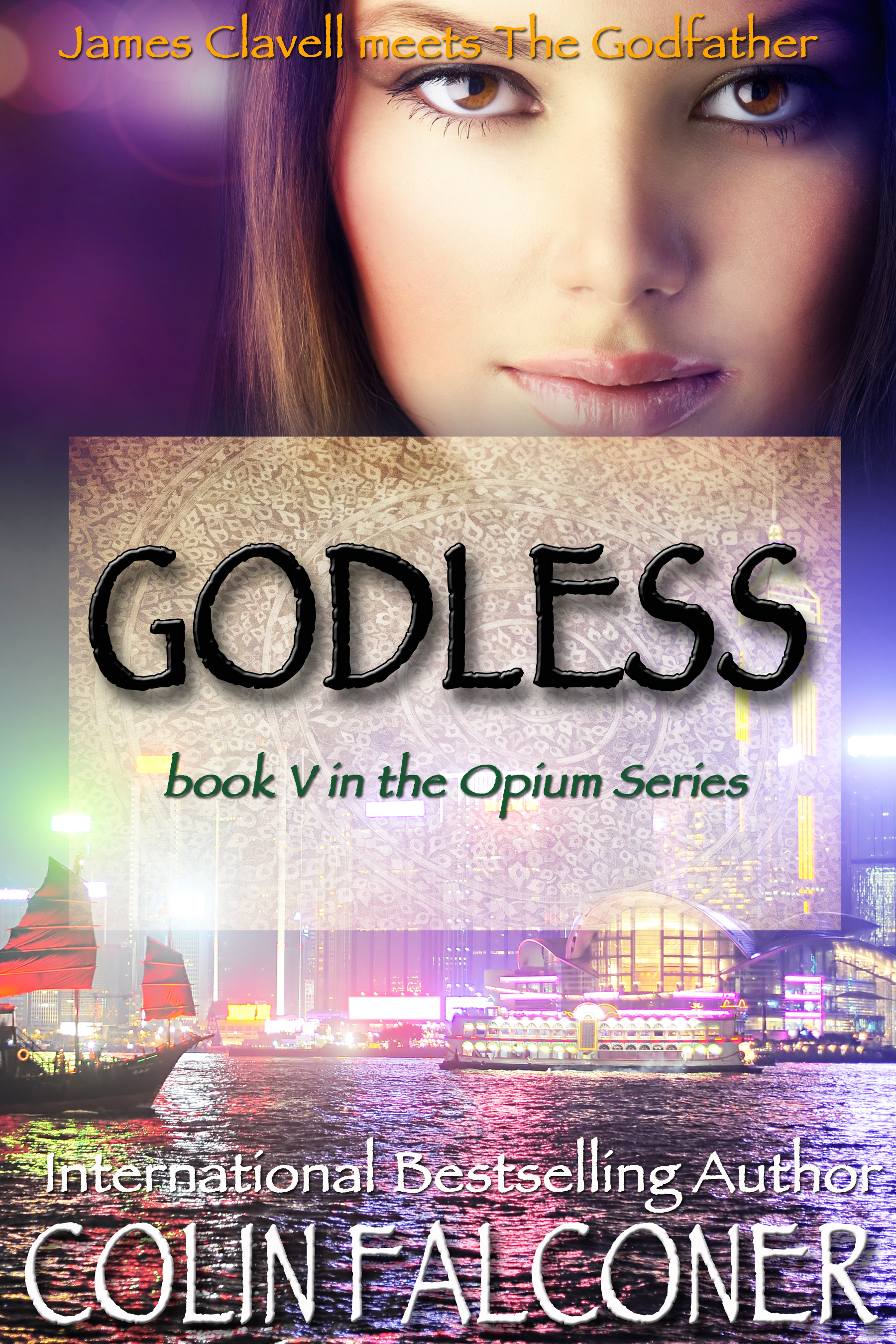
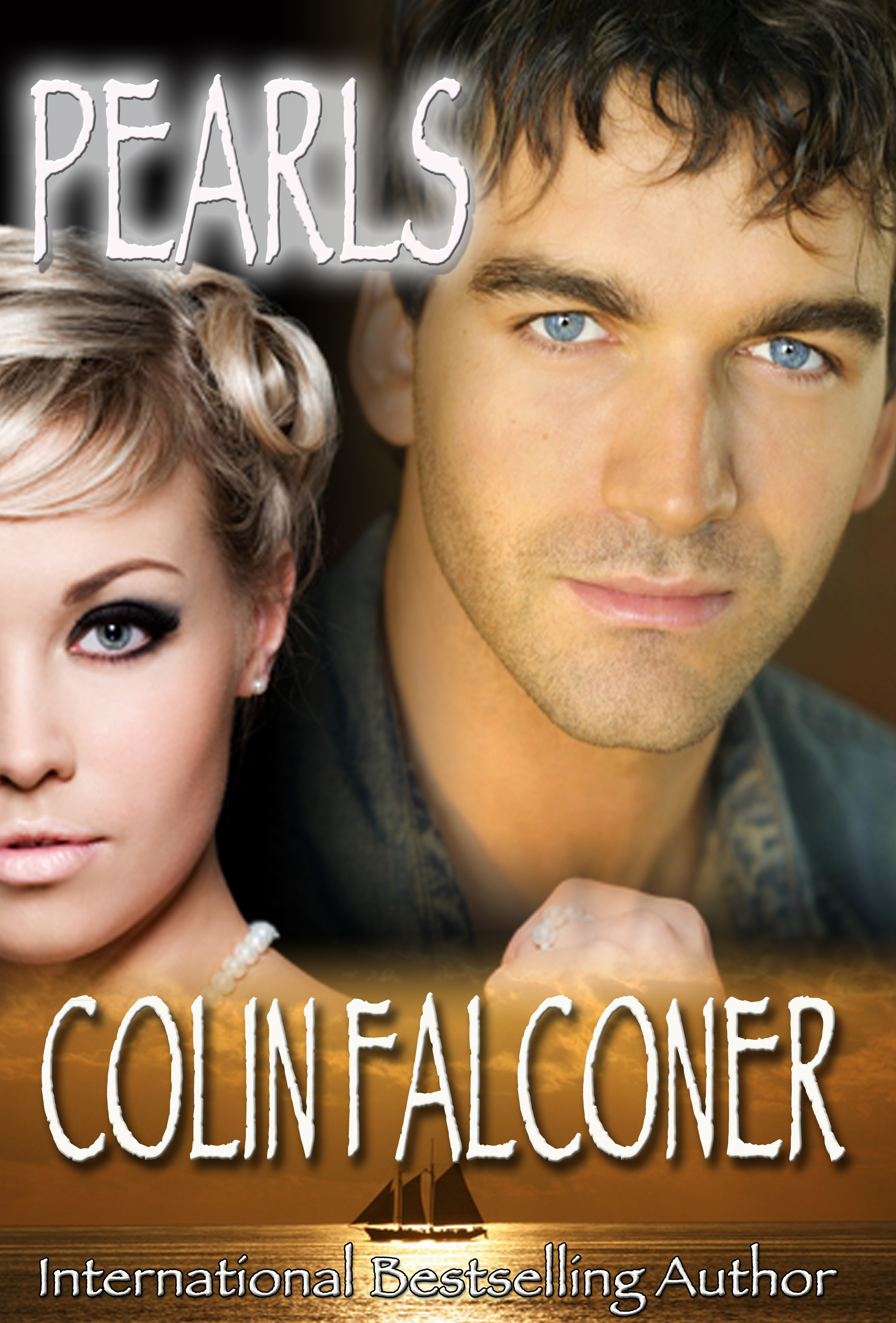

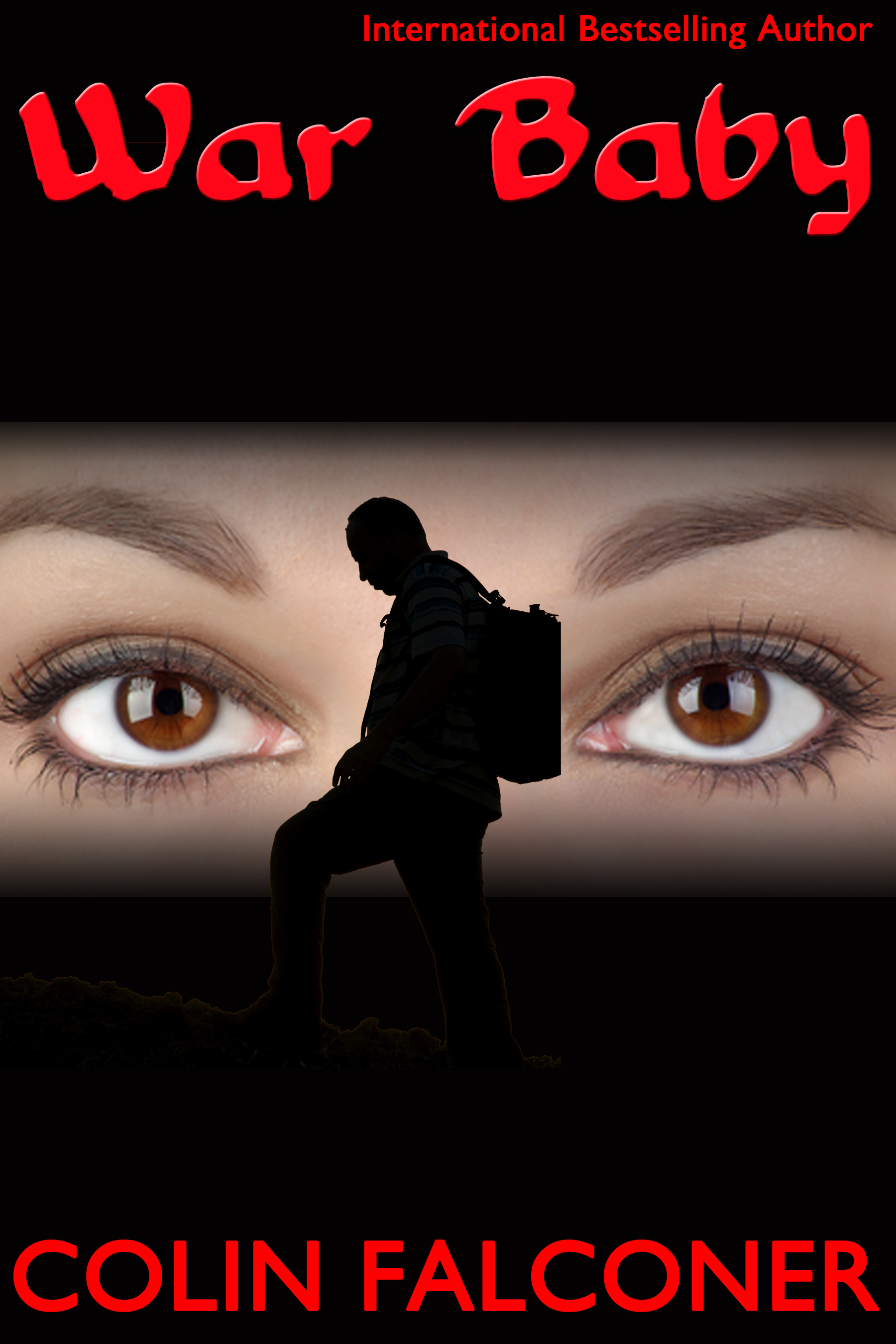
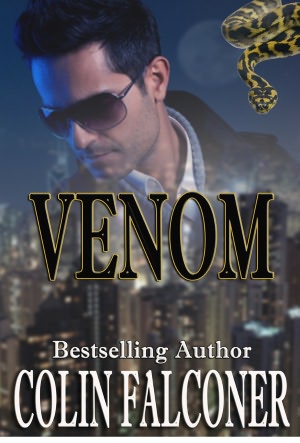
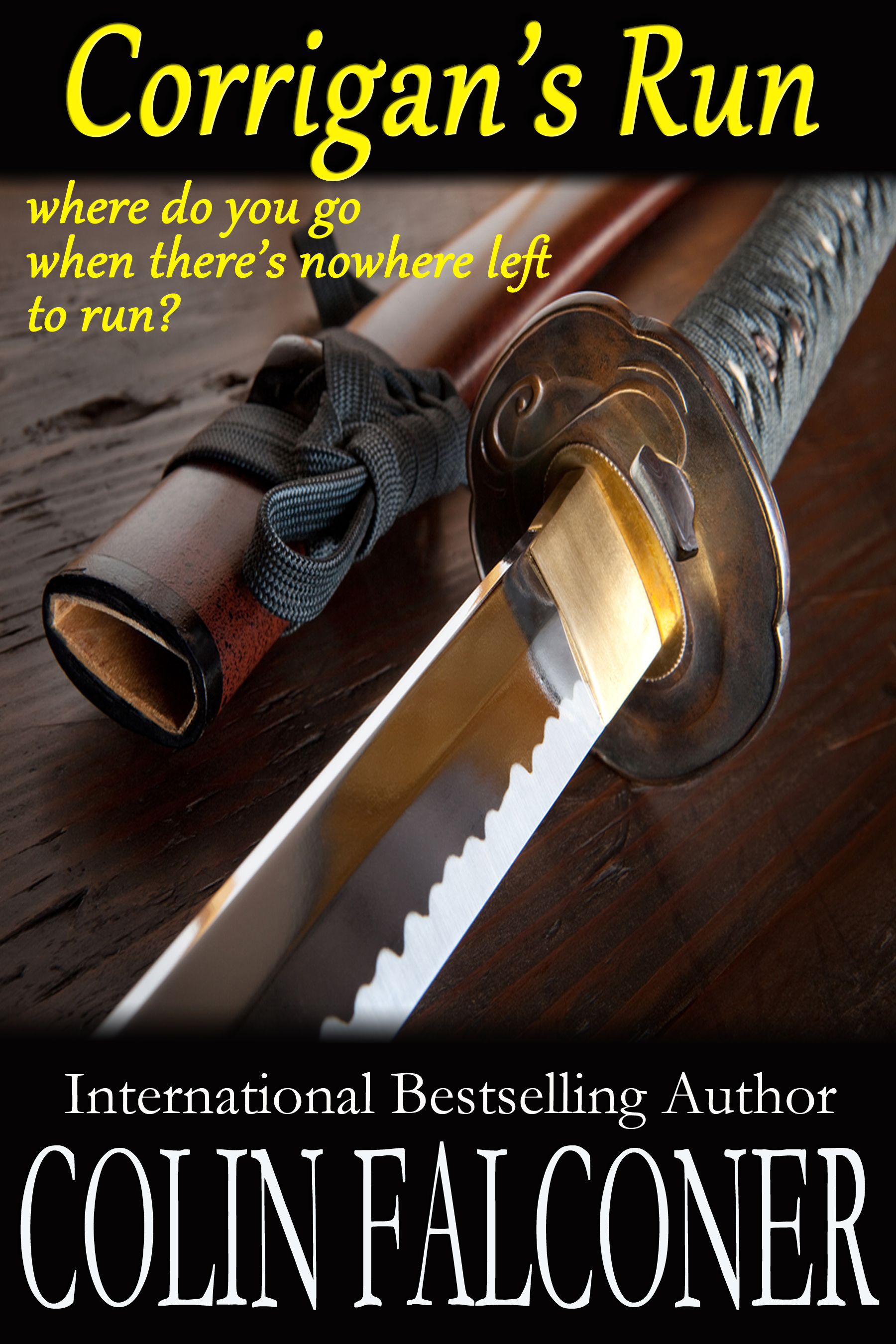
This is a great post, Colin. I like the insight into the particular issues for historical novelists (I’ve recently had a review complaining there was no history in my latest novel which I think may be what I aim at. I also hate it when research overtakes writing.) I also enjoyed reading how you’ve fictionalised the story. I’d like to hear more about your process.
I’ve just started a fun piece of fantasy writing. Phew, it’s a lot less gruelling than historical fiction.
Well Martin, it may account for a lot of the success of Game of Thrones and GG Martin was able to create his own history! It also interests me how movies get away with so much and novelists so little in terms of historical accuracy. I am really meticulous about research, but I leave a lot of mine out. These days I leave out anything to do with salad!!
What? There’s no salad? I could throw a tomato at you if you wish?
Congratulations on the new novel Colin! I have an iPad. And it’s free. Well, that’s a no brainer.
Thank you.
I’ll get you a code over the weekend Karen. Hope you enjoy it! It has a 12 month No Salad warranty!
Thanks for a fab post - I agree! Especially with the “skipping” part, and the PITA sentiment. History is a total pain to research, and even when I think I’m done and I’m writing say, my third draft, I have to go back and check on something else…which I usually CANNOT find, grr. But I suppose writers of modern-times fiction have a different set of woes…
It does drive you crazy, doesn’t it, which is why it’s so galling if someone finds the smallest mistake! It’s comforting to know that Ken Follett makes a few, and he’s meticulous so no one’s foolproof. Nah, contemporary writers have it easy. Walk in the park!
I “backdoored” into a historical novel and I won’t do that again. The research - OMG. Glad you like to write it however, because I do like reading it. All the best on your new one. Great blog by the way, bu then yours always are.
Thanks Christina. Look, some HF writers just love the research and get lost in it but I’m not one of them. It’s like having homework for life. But I love writing HF so there you are …
Great post Colin. Reinforces my determination to write sci-fi.
I still think the same problem presents though, Prudence. The need for research is paramount, whether it’s Asimov, Crichton or Philippa Gregory. I think the audience in HF can be a little harsher though. Braveheart would never have become a bestseller if it was a book - too many gross factual mistakes. But one of the things I loved about Michael Crichton for example was that he backed up great story telling technique with enough Three Bears science. (Not too little, not too much - just enough!) The 3 Bears is a challenge for all authors, I think.
Your post rings so true, Colin. To see a review that says “Never did I feel as if I were reading a history lesson” is such a big ‘whew’ for me. I know I probably have some major historical mistakes that someone will eventually point out. Like K.B., I found myself going back to my sources to double-check facts and on at least 1 occasion, I could not find the info again. I love doing the research, but have wondered if I was delirious when I started writing the sequel. I may need to pull out the sci-fi story that’s been sitting on the hard drive for ages…
Take heart, Charlene, even Ken Follett makes mistakes. In one of the most exhaustively researched historical novels of recent times, Pillars of the Earth, he had peasants eating ‘breakfast’ and brewing hops, which were apparently not around then. But it was much acclaimed for its authenticity in most other respects, and after 1100 pages he earned a few oversights. I think the most important thing is not making HF a history lesson, as you say. I’d persevere rather than switch genres.
I love HF, Colin, and I’m excited to be able to read East India before its release date! I really connect with the “did you skip anything” question. I want my novels to have history and be accurate (I absolutely hate historical romances where it’s a modern woman plunked down in period costume), but I don’t want to feel like I’m in school. And actually, the same goes for contemporary - I’ve one author who writes great mysteries but who loves to include the background “so people learn something.”
I’m coming out with a middle-grade time travel, which ties back to the 1830s American Midwest (and has no salad!), so I run into the same issue. Your advice to research like hell and then leave most of it out is spot on - thanks!
It’s funny what you say about contemporaries - I wrote a couple of police thrillers early in my career and the research was just as rigorous … and again, I still left most of it out! The story’s the thing.
I sent the code through today Jennifer, so I hope you enjoy EAST INDIA. Good luck with your time travel novel - stay away from salad and I’m sure you’ll be fine!